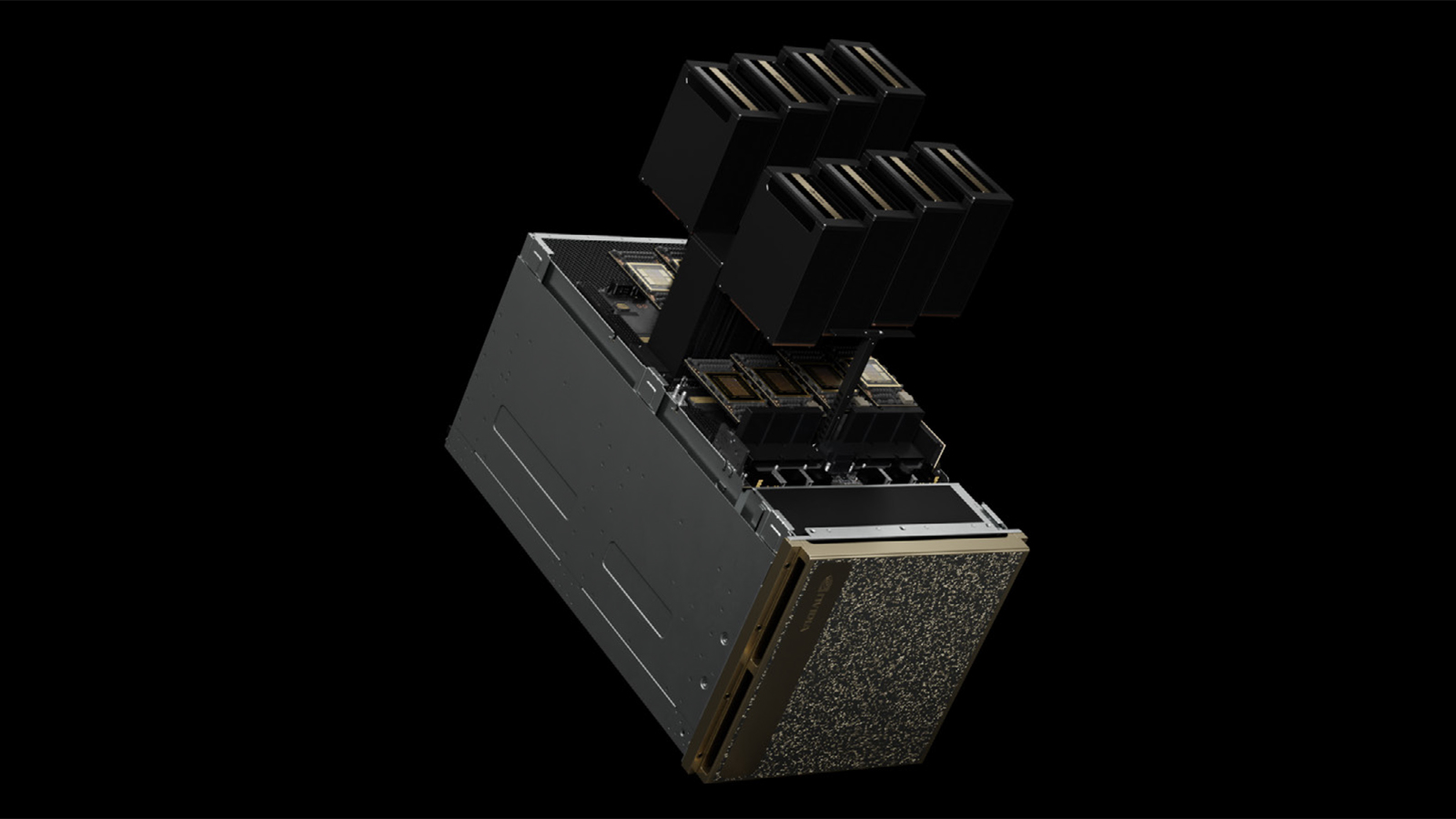
When the U.S. introduced its latest export control rules for advanced AI and HPC processors, it not only restricted sales of sophisticated processors to Chinese entities, it also restricted supplies of these devices to multiple Middle East countries. However, a new report indicates that Nvidia believes it can get an export license to sell its AI GPUs to a telecom giant operating in multiple Middle East countries.
Nvidia has entered into a deal with Ooredoo to ‘introduce its AI technology’ in datacenters across five Middle Eastern countries, reports Reuters. This collaboration signifies Nvidia’s first major expansion in a region where the U.S. has restricted exports of advanced AI and HPC processors to prevent Chinese access to cutting-edge technologies to train its large language AI models or even advance its military capabilities.
Ooredoo, a telecom giant, will now offer Nvidia’s AI and HPC GPUs in its datacenters located in Qatar, Algeria, Tunisia, Oman, Kuwait, and the Maldives. This development positions Ooredoo as the region’s first company to offer such services to its clients, granting them a significant competitive edge in deploying generative AI applications. What is unclear is how Ooredoo will prevent Chinese entities from accessing these GPUs in the cloud.
Aziz Aluthman Fakhroo, Ooredoo’s CEO, highlighted that this agreement will allow their business clients to access services that their competitors might not have for another 18 to 24 months. Unfortunately, it is unclear which GPUs Nvidia will supply to its partners in the Middle East and the value of the deal also remains undisclosed. While the U.S. allows the export of certain Nvidia technologies to the Middle East, it restricts the most advanced chips. Ooredoo did not specify which Nvidia GPUs will be deployed, indicating only that this will depend on availability and customer needs.
When it comes to power, Ooredoo is investing $1 billion to expand its regional datacenter capacity by 20-25 additional megawatts, adding to its current 40 megawatts, according to Reuters. The company aims to nearly triple its capacity by the end of the decade, reflecting its commitment to install substantial computing capacity.
Ooredoo has separated its datacenters into an independent company. The company also plans to spin off its undersea cables and fiber network into another separate entity. These moves are part of Ooredoo’s strategy to optimize its operations and increase its market competitiveness.






